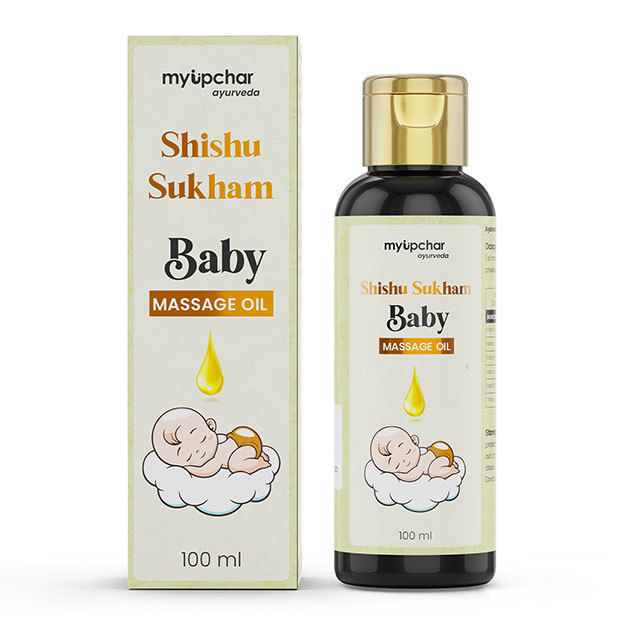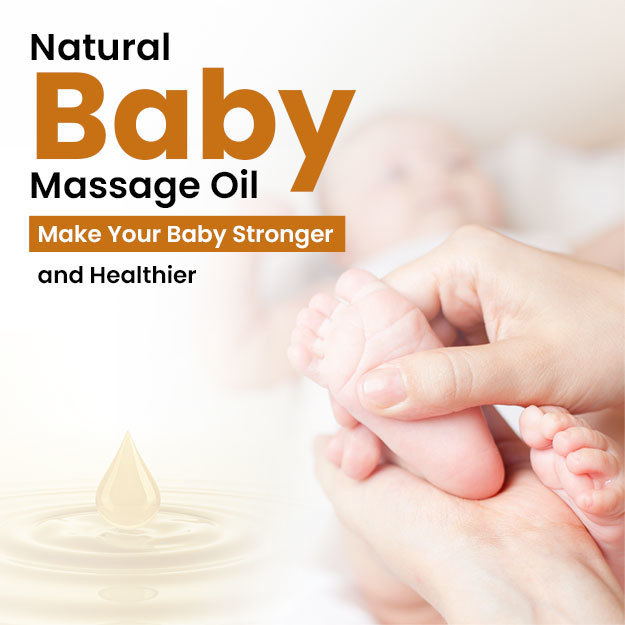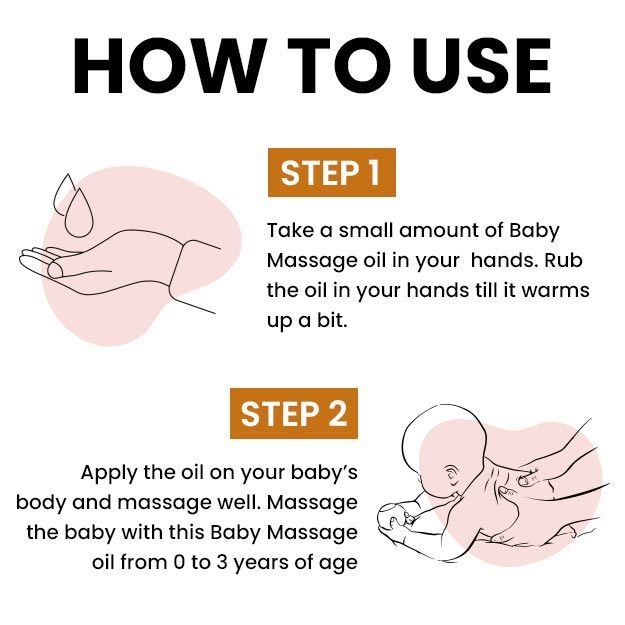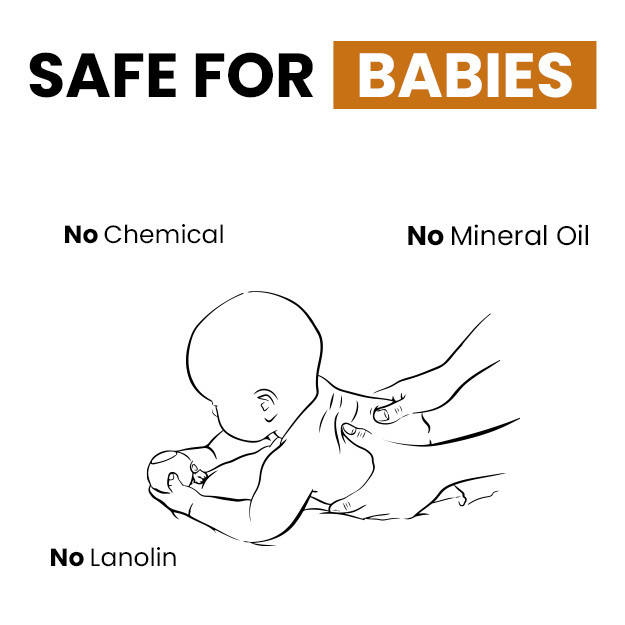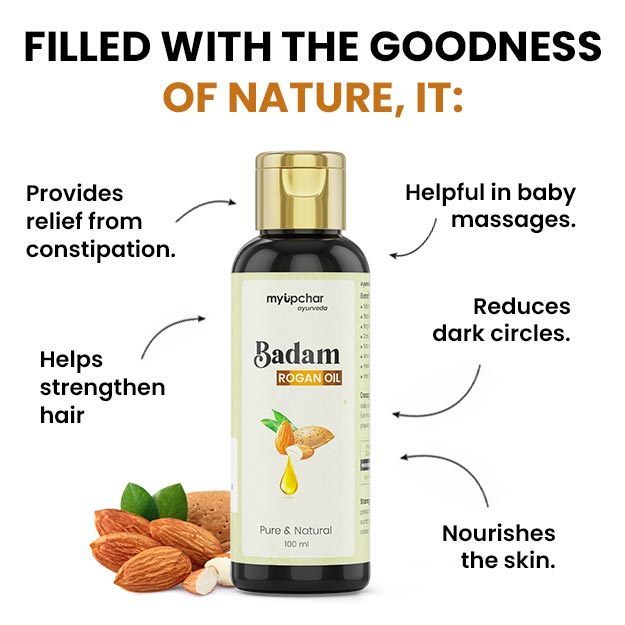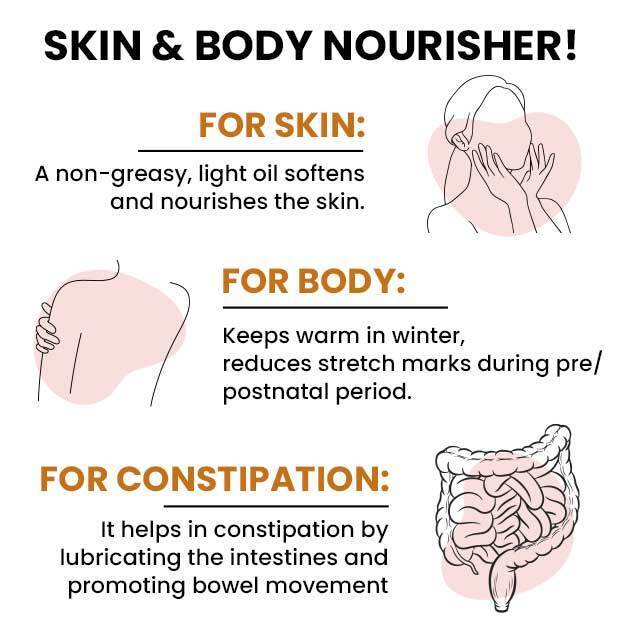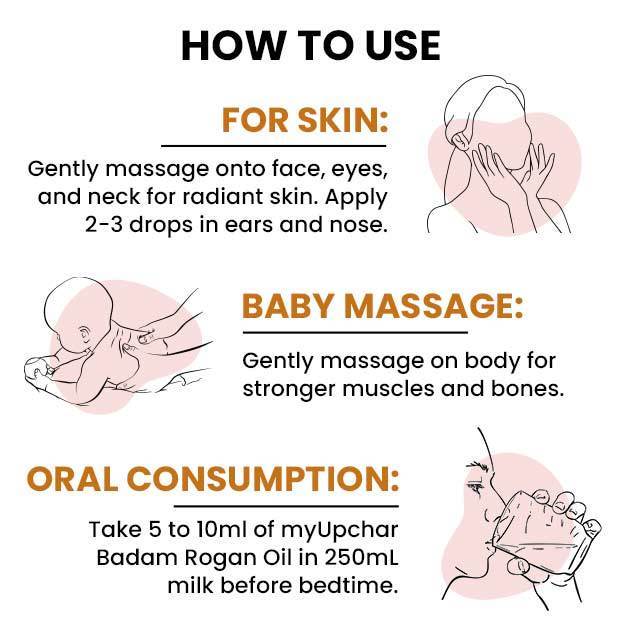Now that your baby is halfway through his or her first year, you can expect sleep and feeding patterns to be more regular. You can also expect a growth spurt to hit soon. Your baby will be very active during the sixth month, and there are a number of baby development milestones that will make this month even more interesting.
You can introduce your baby to solid foods for the first time during this month; you might even see tiny teeth crowning in his or her lower jaw. This also means that your baby will start making more discernible sounds from now on. As teething progresses, forming words will become easier and soon you might hear the first words from your baby’s mouth.
Introducing your baby to solid foods is important, but going about it the right way is vital. You will have to give everything from mashed bananas to mashed rice multiple tries before your baby likes them, but there might be some foods that your baby will take to immediately.
Teething, however, comes with its own set of complications. Your baby’s gums will hurt and he or she might want to put things in the mouth to exercise the gums and ease the pain. It may be a good idea to introduce safe chewing toys for your baby at this stage.
Breastfeeding will have to be continued throughout the sixth month because your baby will take time to adjust to solid foods. With teething, breastfeeding might become more difficult from now on, so you should take good care of yourself too.
This month, your baby will also receive the third set of vaccinations for a number of diseases like polio, rotavirus, whooping cough, etc. Taking the baby for a thorough health checkup is also very important.
Here’s everything you will have to take care of during the sixth month.





